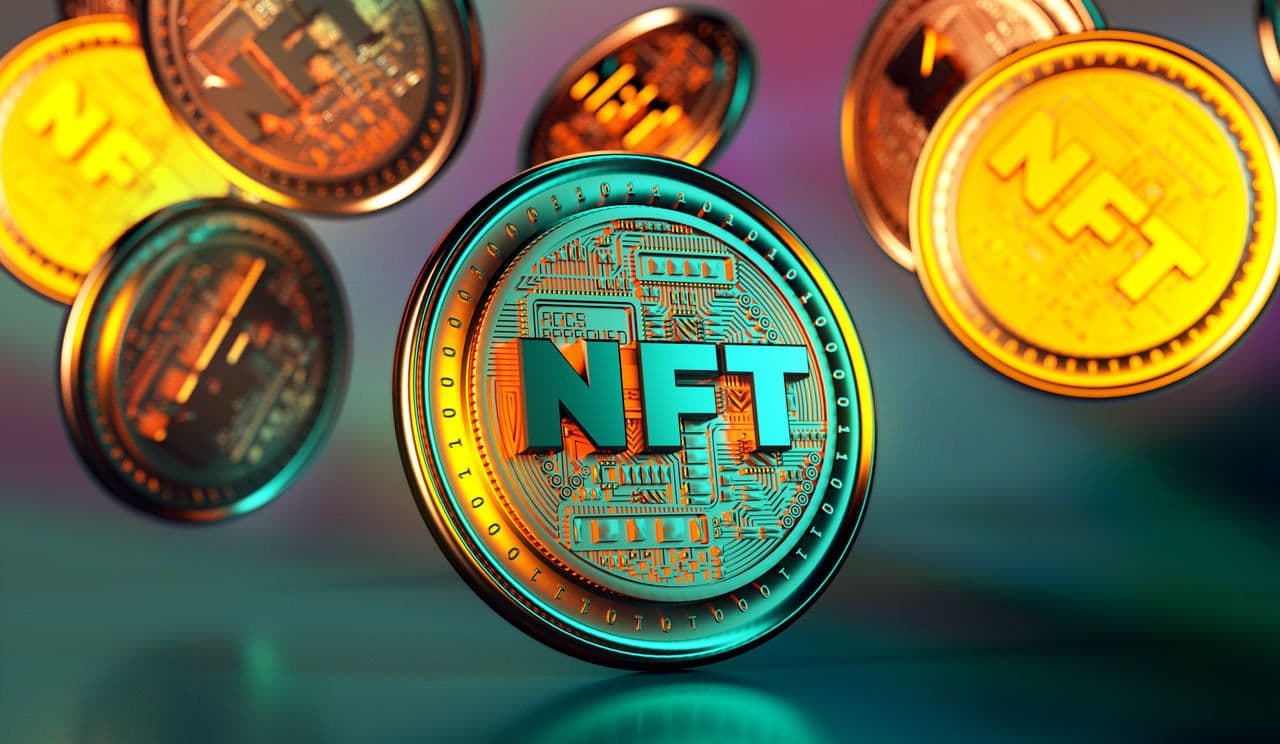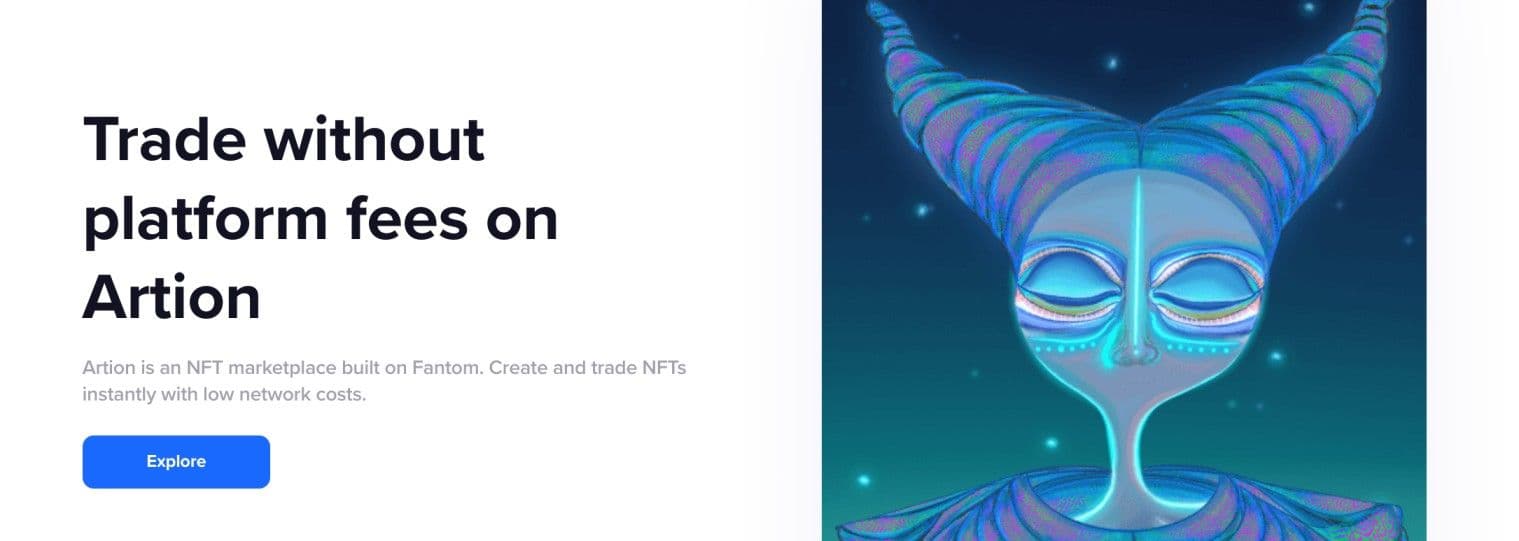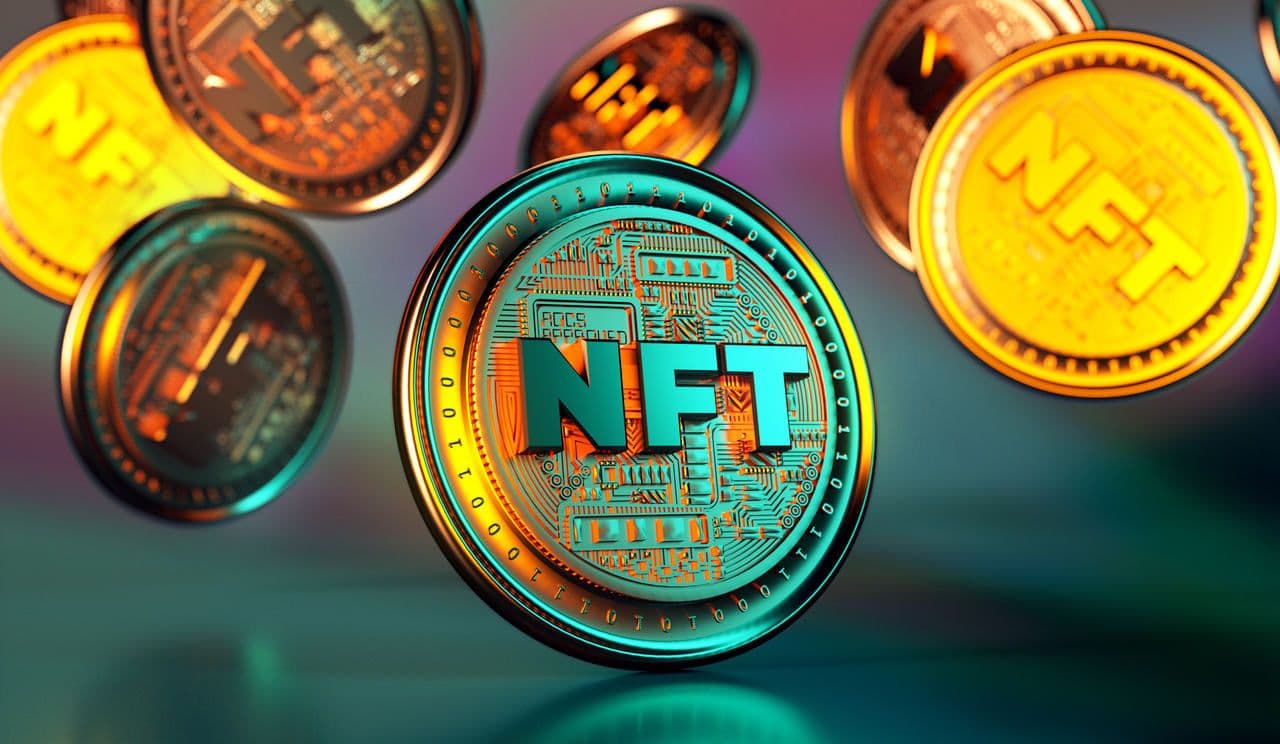Mark Cuban and Yuga Labs React to OpenSea’s NFT Royalty Changes
Reactions abound as OpenSea changes its NFT royalty policies. With influential figures like Mark Cuban and Yuga Labs weighing in, explore the implications for the future of NFT marketplaces and artist compensation.

OpenSea, one of the leading NFT marketplaces, recently announced changes to its royalty policy which has led to considerable debate within the crypto community. Notable figures such as entrepreneur Mark Cuban and leading NFT creator Yuga Labs have publicly voiced their concerns over the policy shift.
Cuban’s Take on OpenSea’s Decision
Mark Cuban, an investor in OpenSea, was forthright in his response, stating, “Not collecting and paying royalties on NFT sales is a HUGE mistake by @opensea. It diminished trust in the platform and hurts the industry.” This critique from Cuban carries weight, not only due to his stature as a tech-savvy billionaire but also as an investor in the platform. His chief concern seems to revolve around the erosion of trust – a cornerstone for decentralized platforms and the broader crypto community.
Not collecting and paying royalties on NFT sales is a HUGE mistake by @opensea. It diminished trust in the platform and hurts the industry. And I say this as an @opensea investor @DevinFinzer
Yuga Labs’ Commitment to Creators
Yuga Labs, the creative force behind the successful Bored Ape Yacht Club NFT collection, responded with a detailed stance on the issue. They reasserted their mission, “At Yuga Labs, we are committed to help foster an ecosystem where new and innovative content is created and where creators are rewarded for their work.”
Elaborating on their future steps in light of OpenSea’s policy changes, Yuga Labs announced, “In light of OpenSea’s announcement yesterday… Yuga Labs will begin the sunsetting support for OpenSea’s SeaPort for all upgradable contracts and any new collections.” This transition aims to align with OpenSea’s new direction by February 2024, reflecting a significant shift in the relationship between one of the largest NFT creators and the marketplace.
On @opensea's decision to sunset their Operator Filter. pic.twitter.com/ahc155WWkX
The Larger Implications for the NFT Industry
Royalties in the NFT space serve a dual purpose. For artists, they provide a continued source of income from resales of their work, allowing them to benefit from the increasing value of their creations. For buyers and sellers, royalties reinforce trust, ensuring that the original creators are duly compensated.
OpenSea’s change in royalty policy might be seen as a deviation from this established trust system. With figures like Cuban emphasizing the trust issue and platforms like Yuga Labs reconsidering their association, there’s an underlined sentiment that the ethos of the decentralized world is at stake.
What Lies Ahead?
OpenSea’s move and the subsequent backlash underscore the growing pains of a rapidly evolving industry. As the NFT space continues to mature, stakeholders are grappling with the balance between commercial growth and community trust. The current controversy serves as a testament to the importance of dialogue, transparency, and adaptability in this decentralized world.
The coming months will be crucial for OpenSea, as it navigates the complexities of its policy changes while attempting to maintain its position as a trusted marketplace. With the crypto community actively voicing concerns and suggesting paths forward, it is evident that collaboration and open communication will shape the future of NFTs.




























